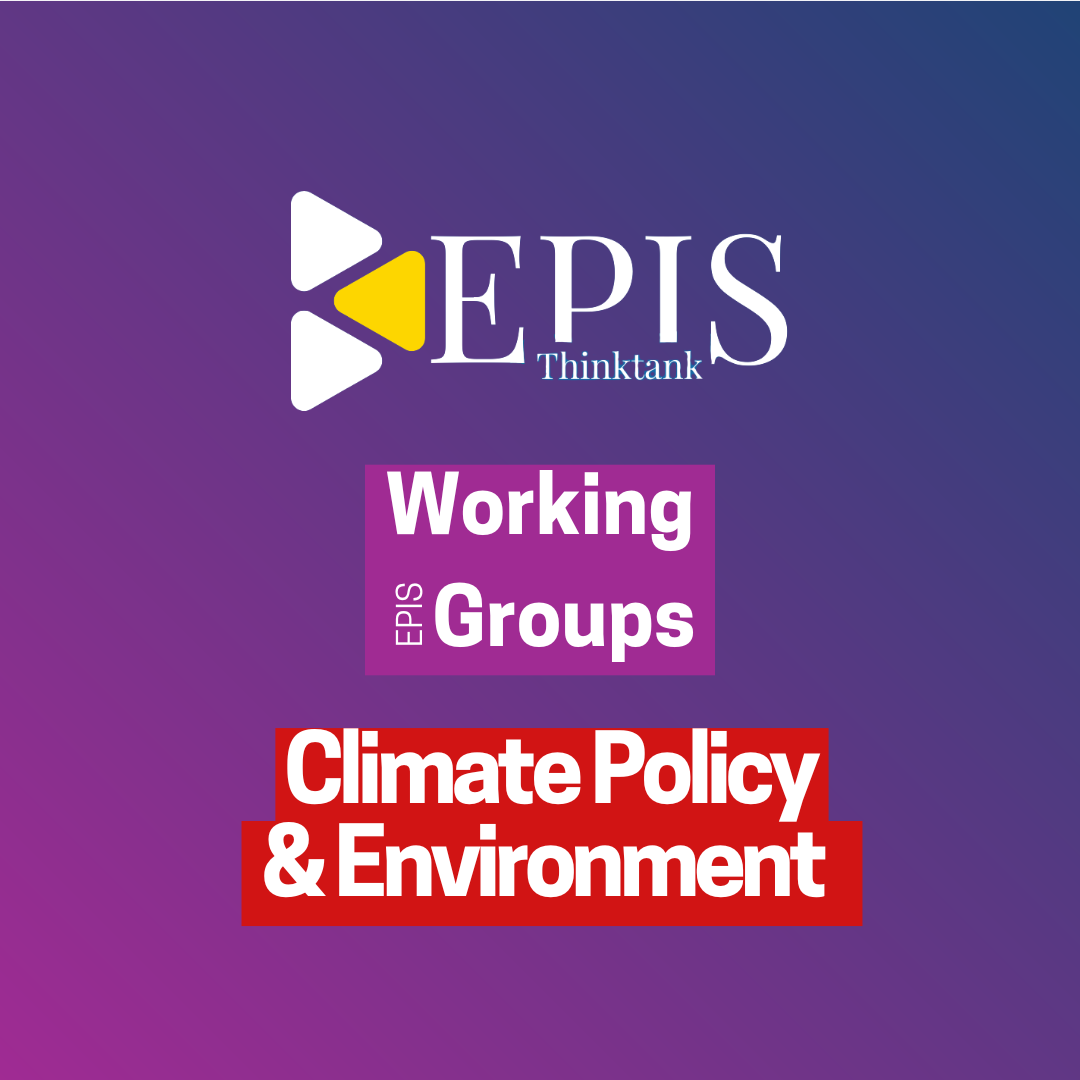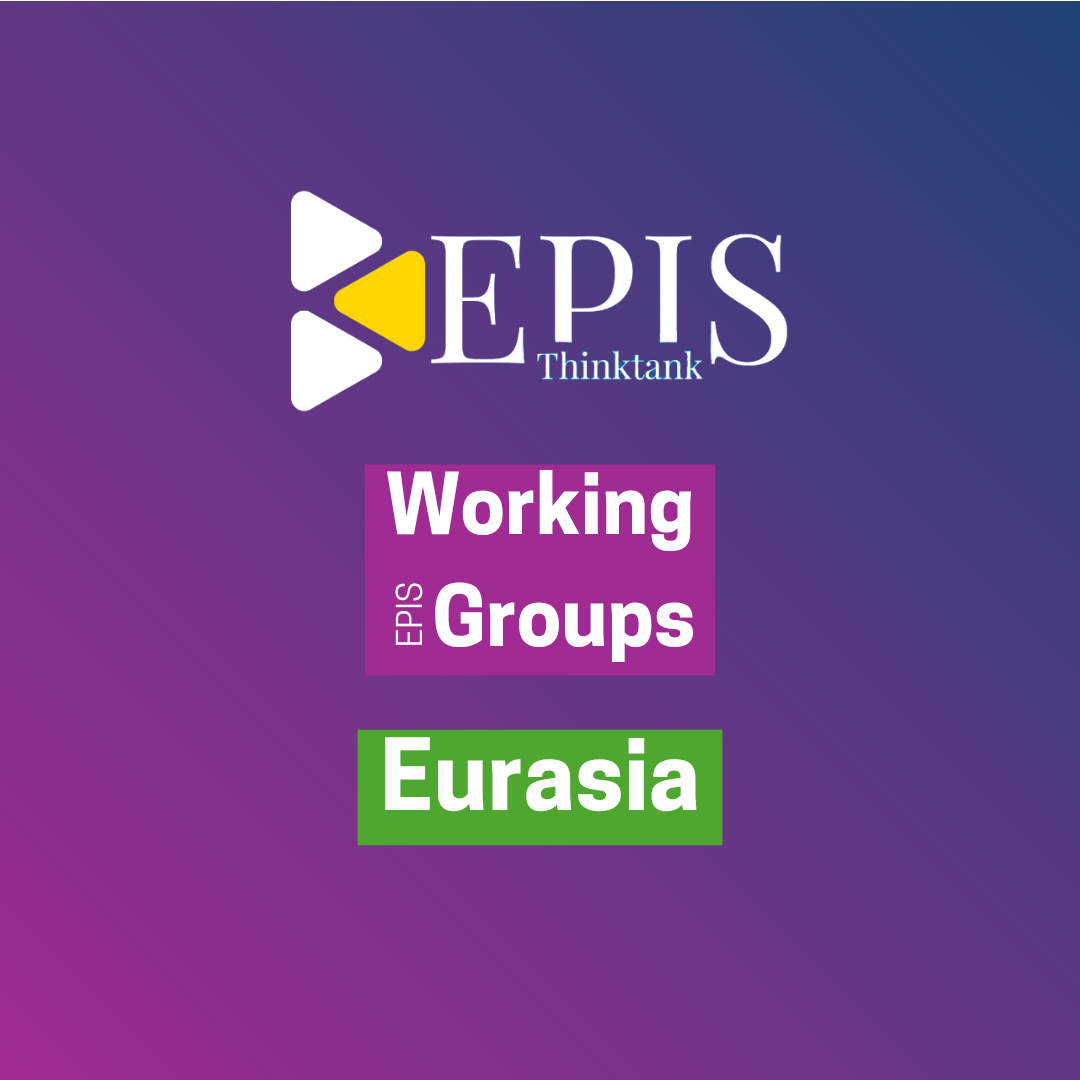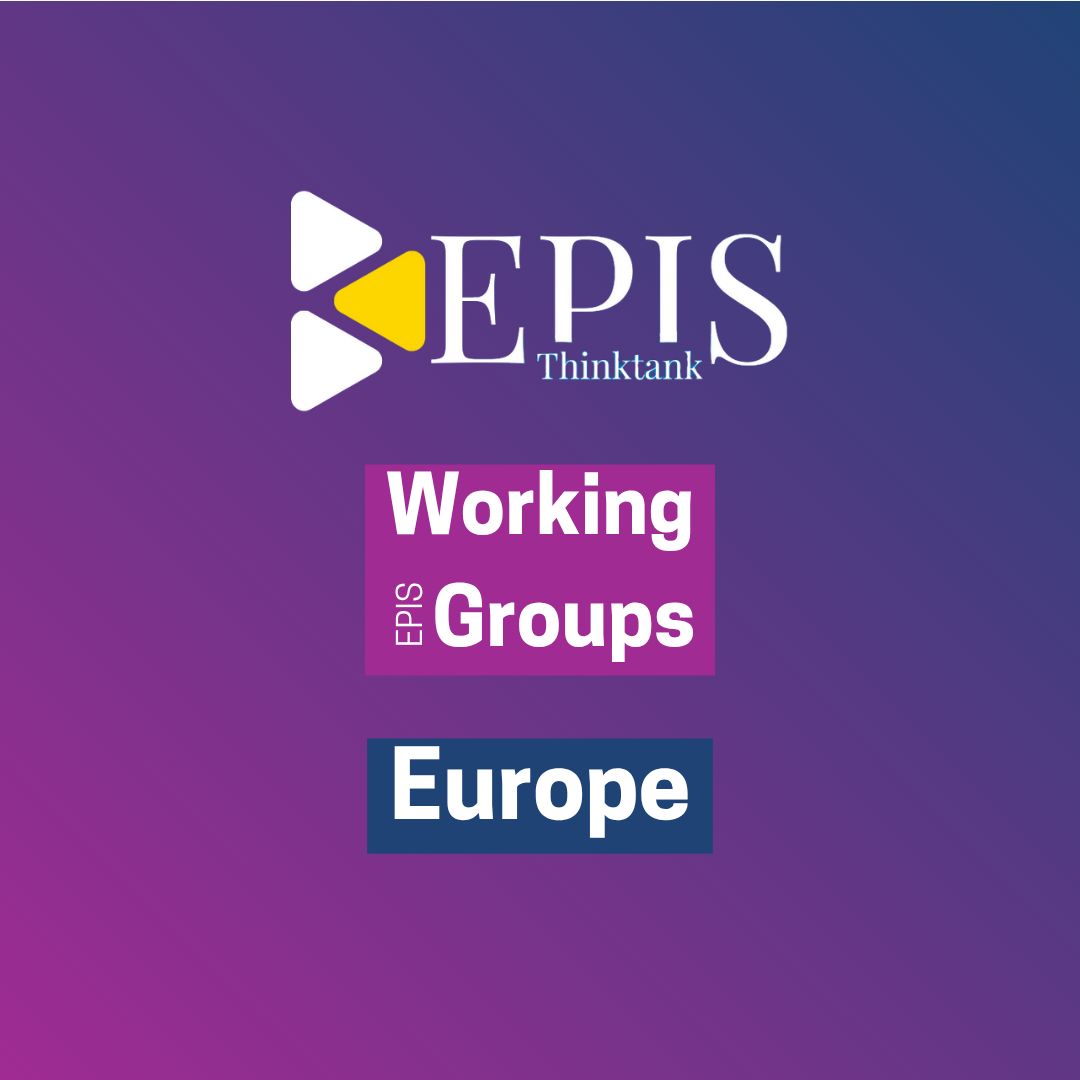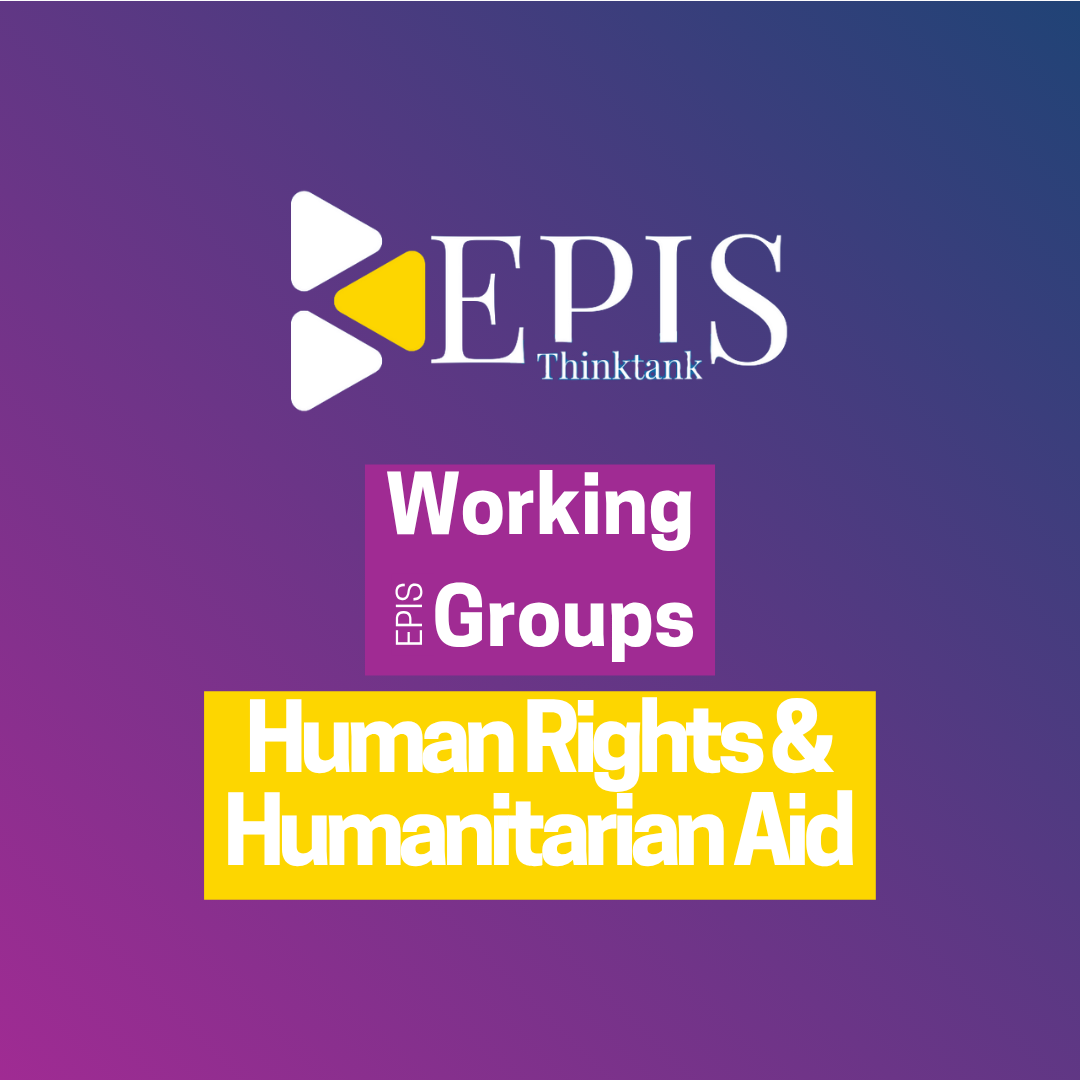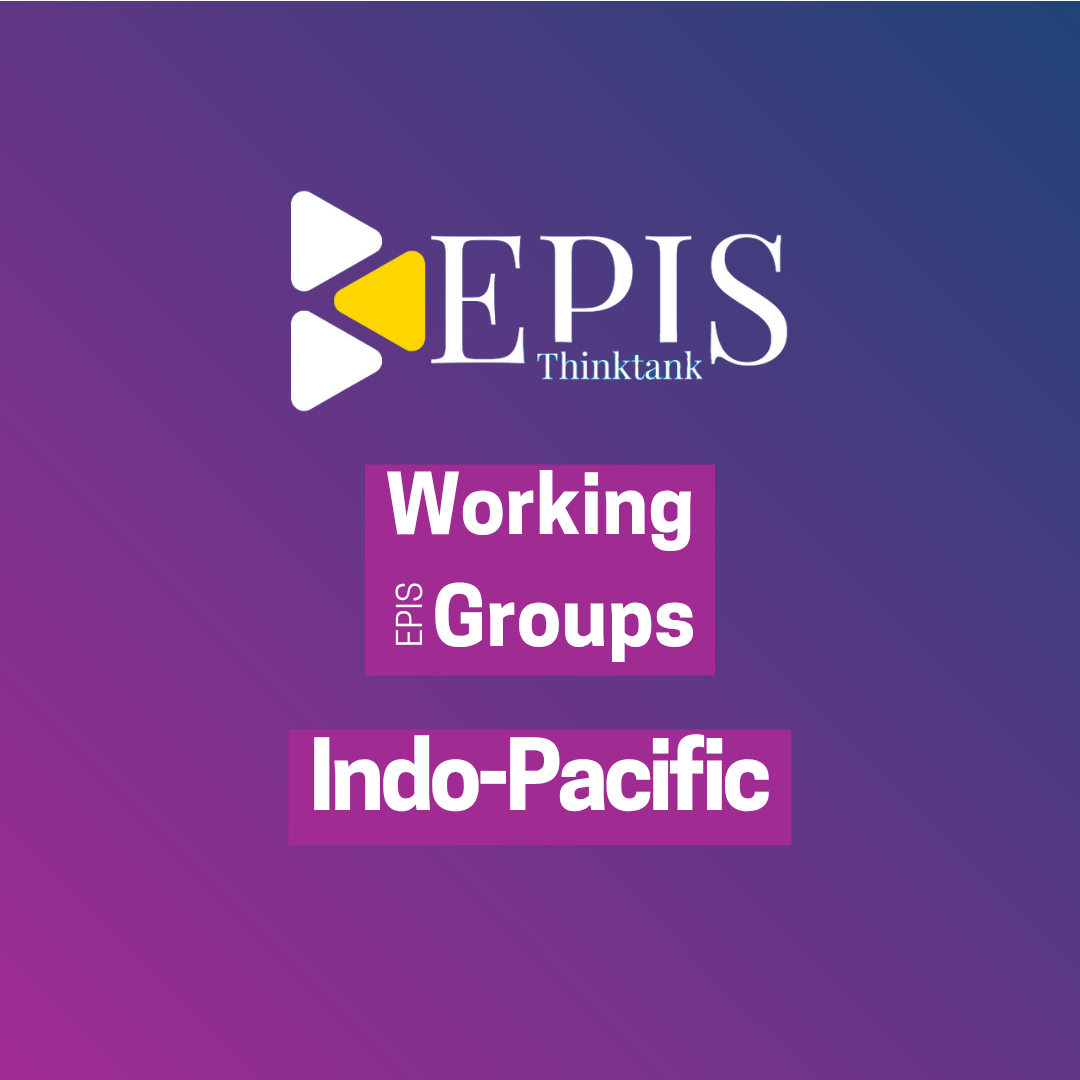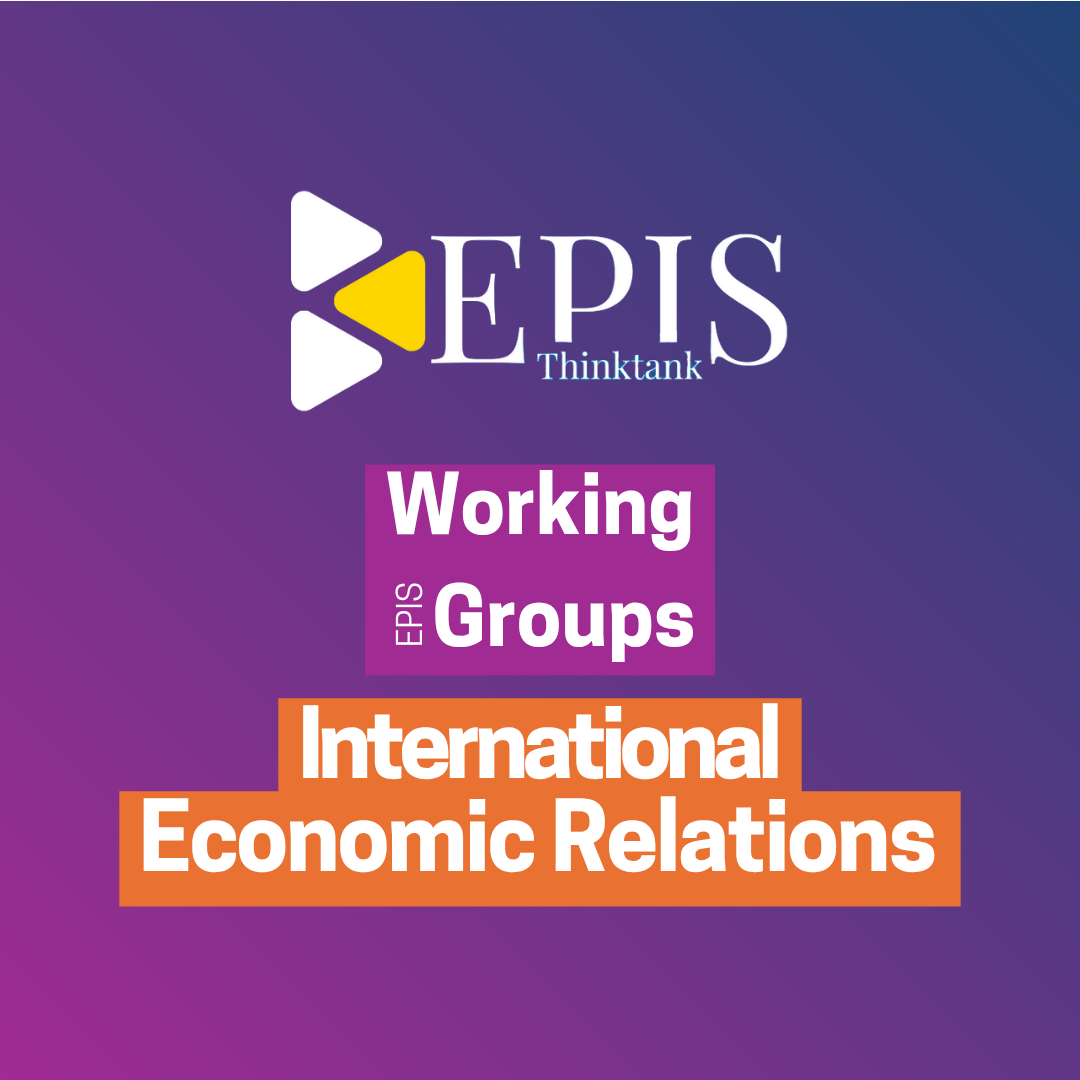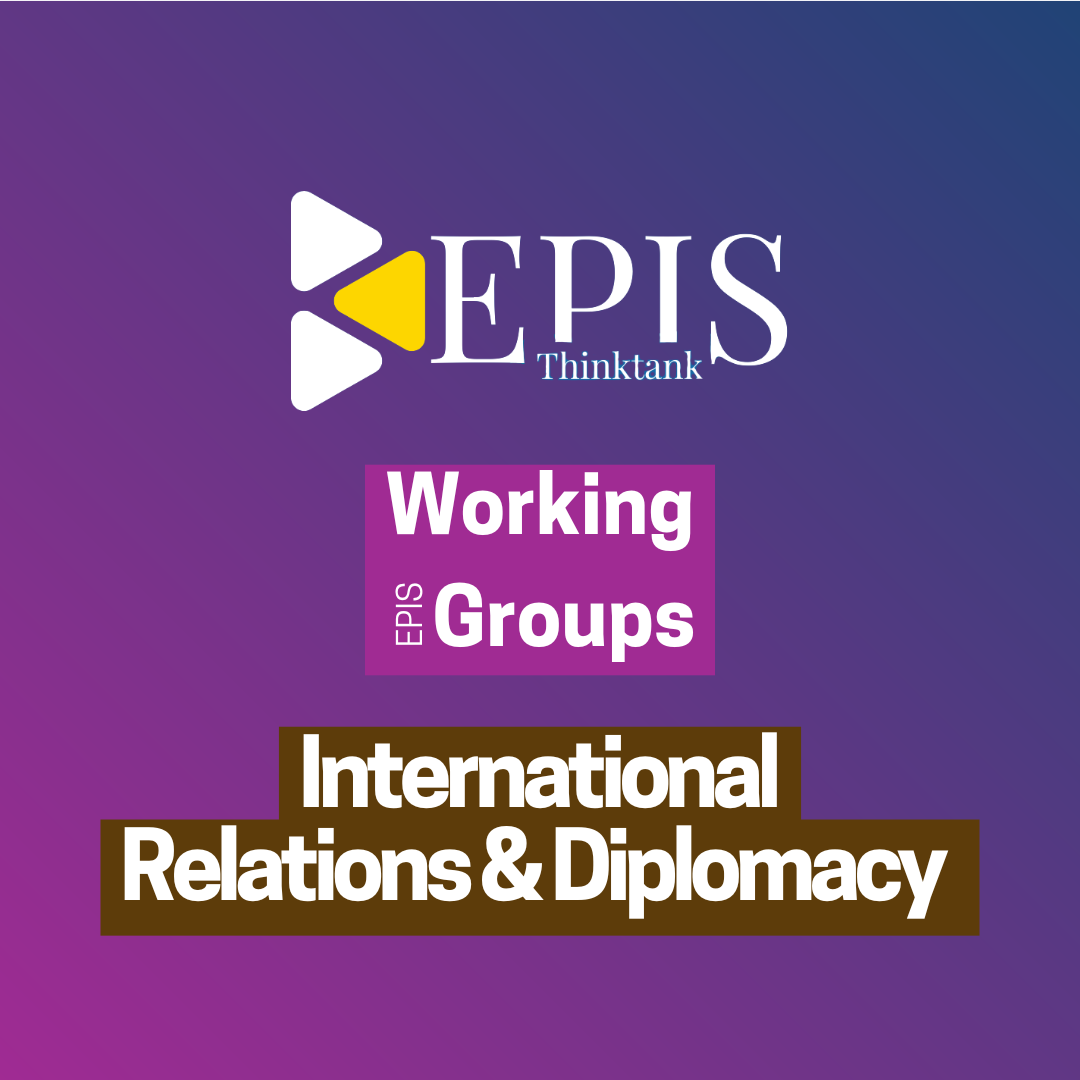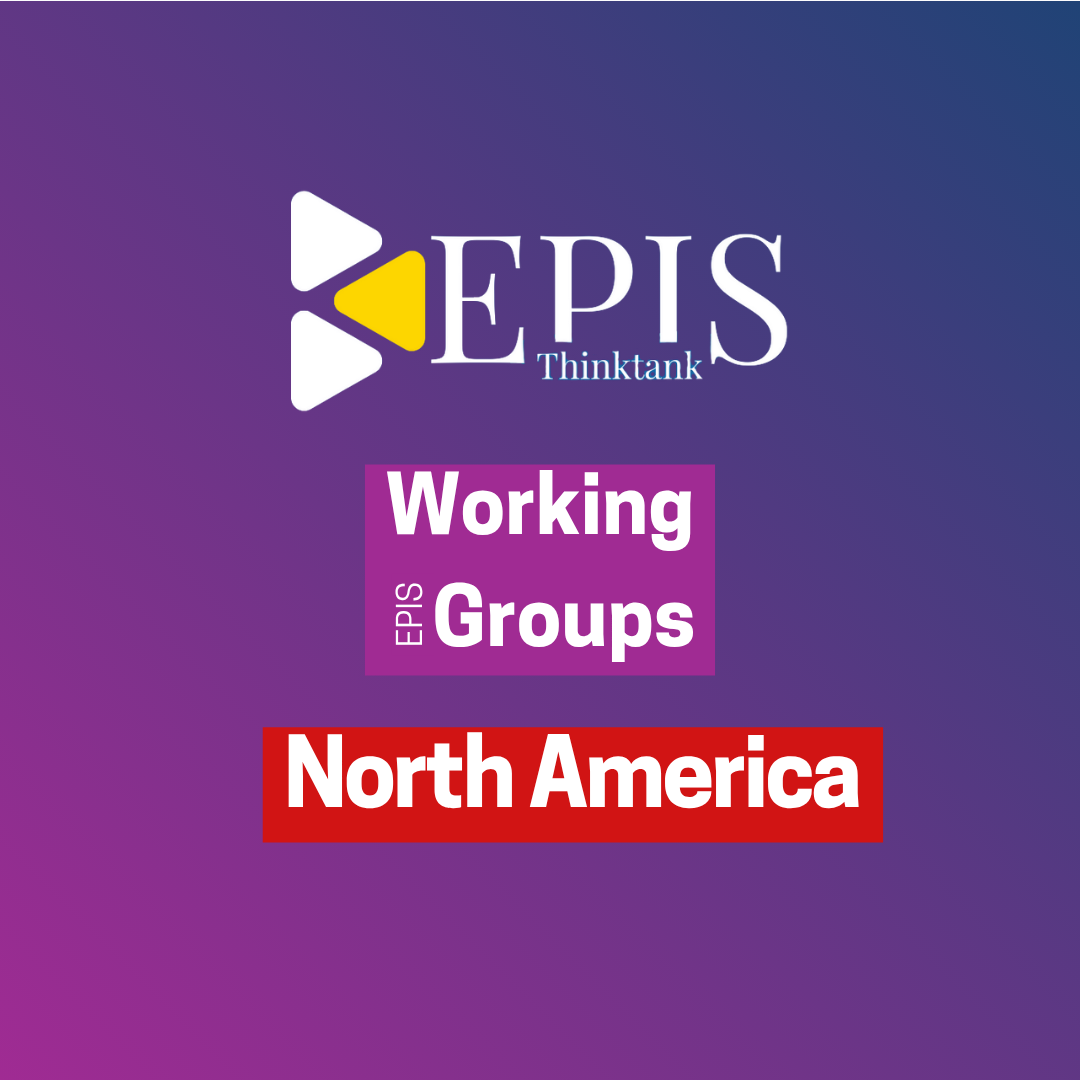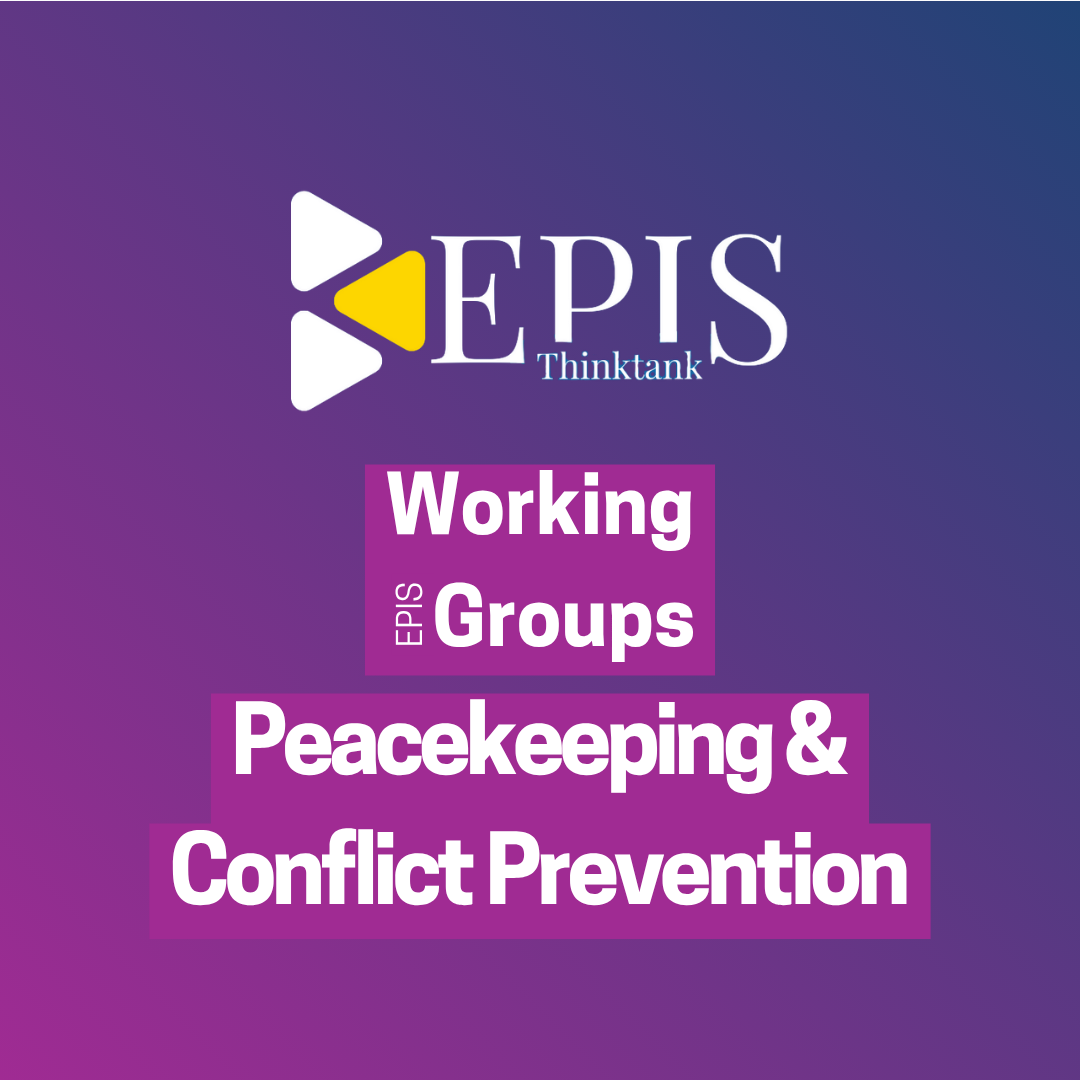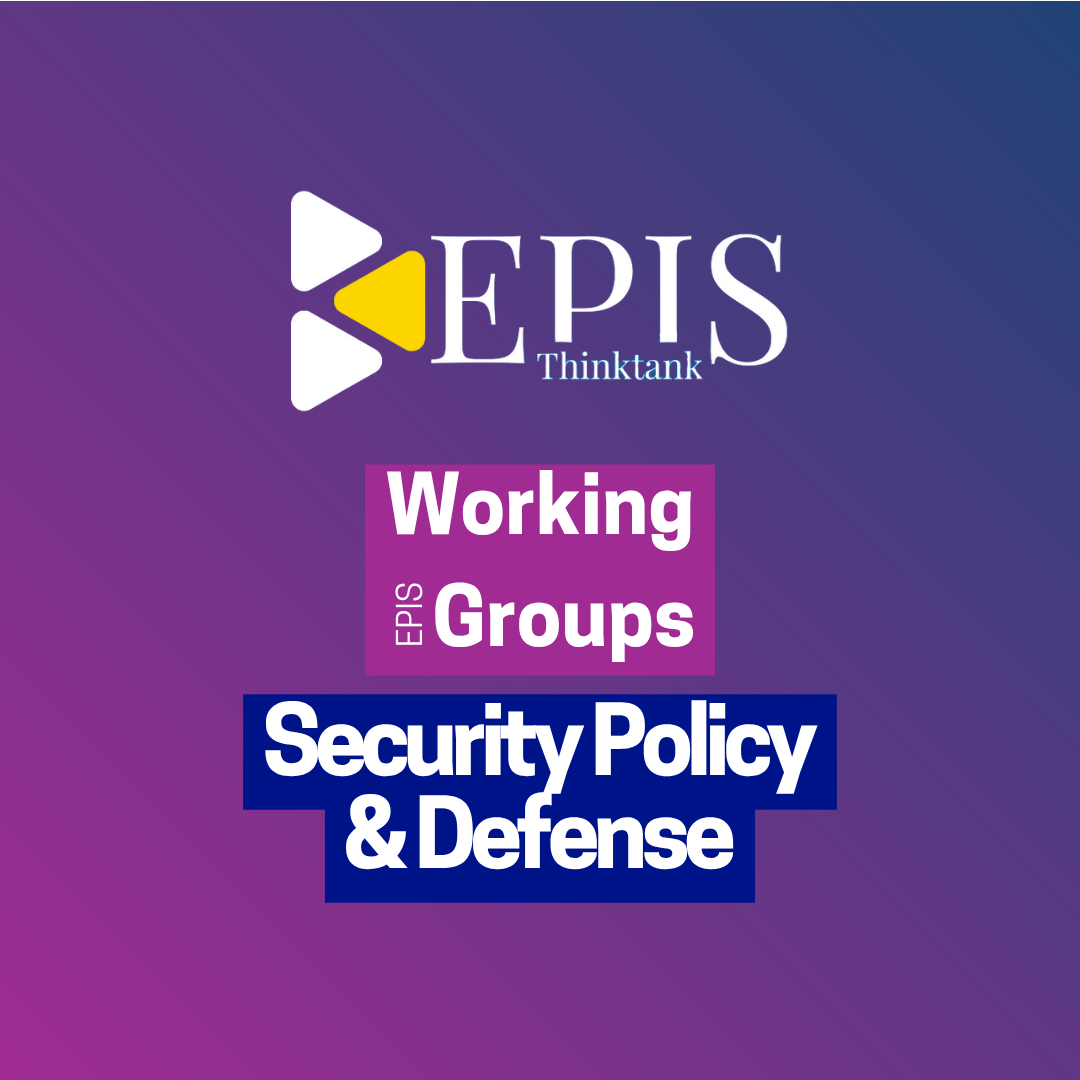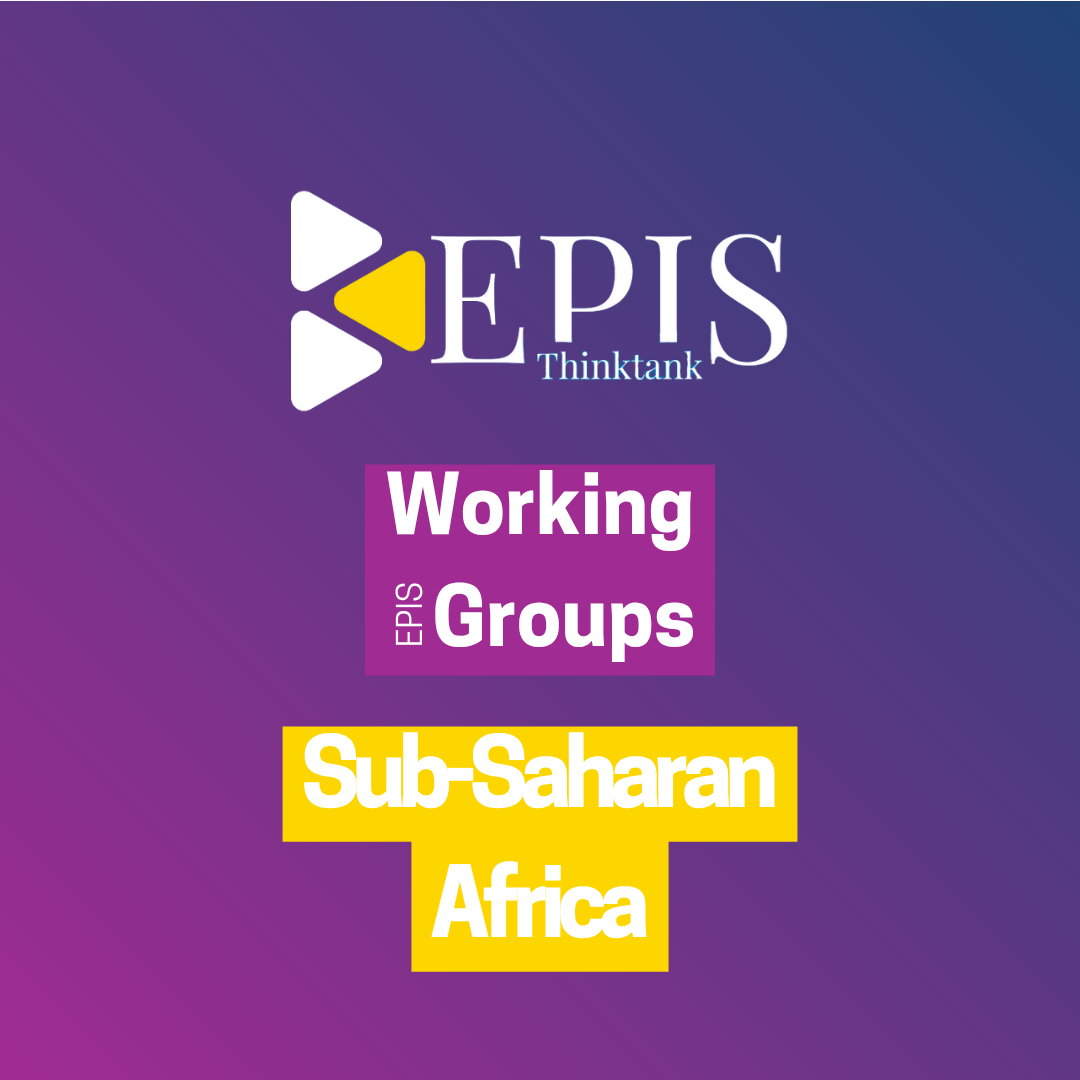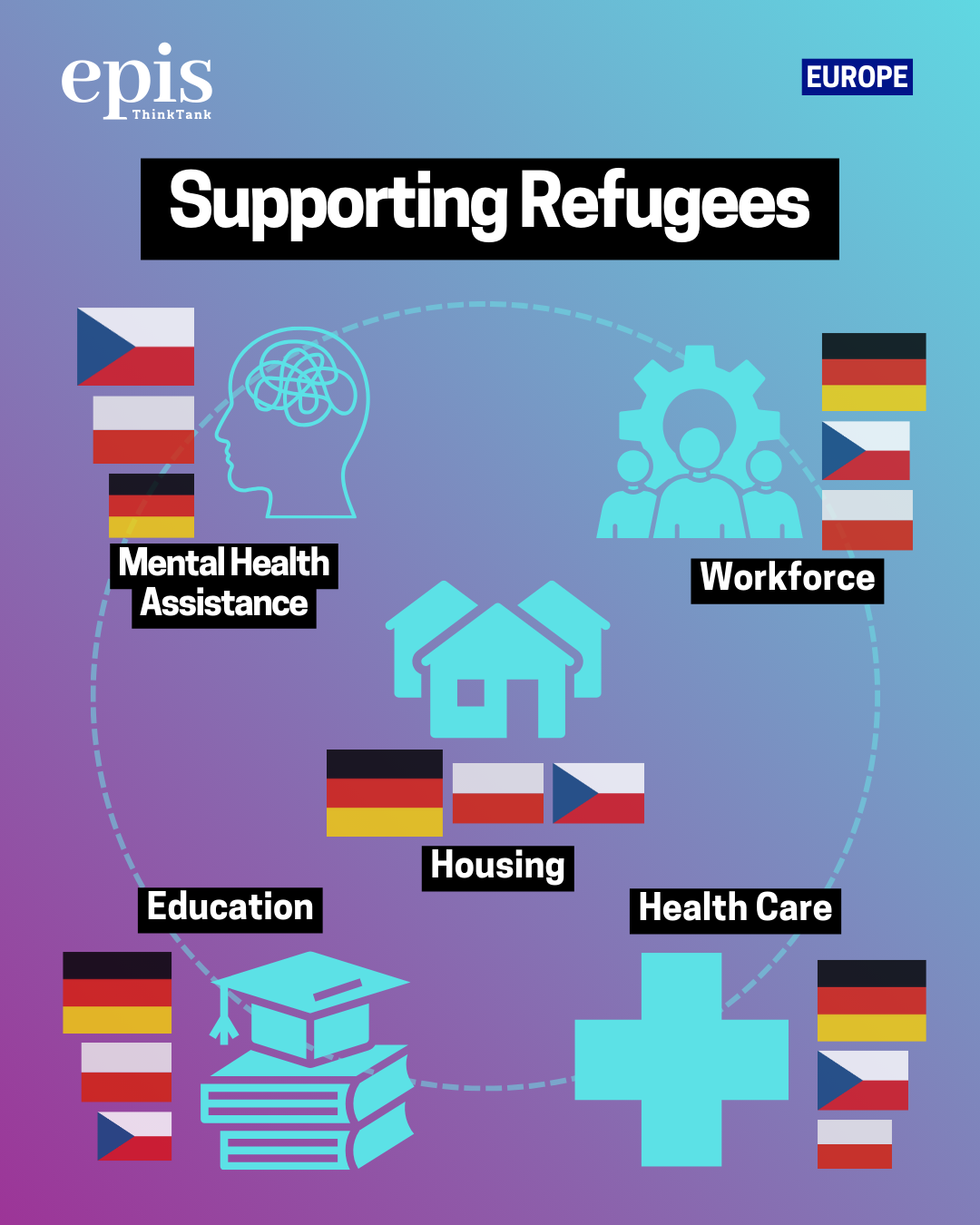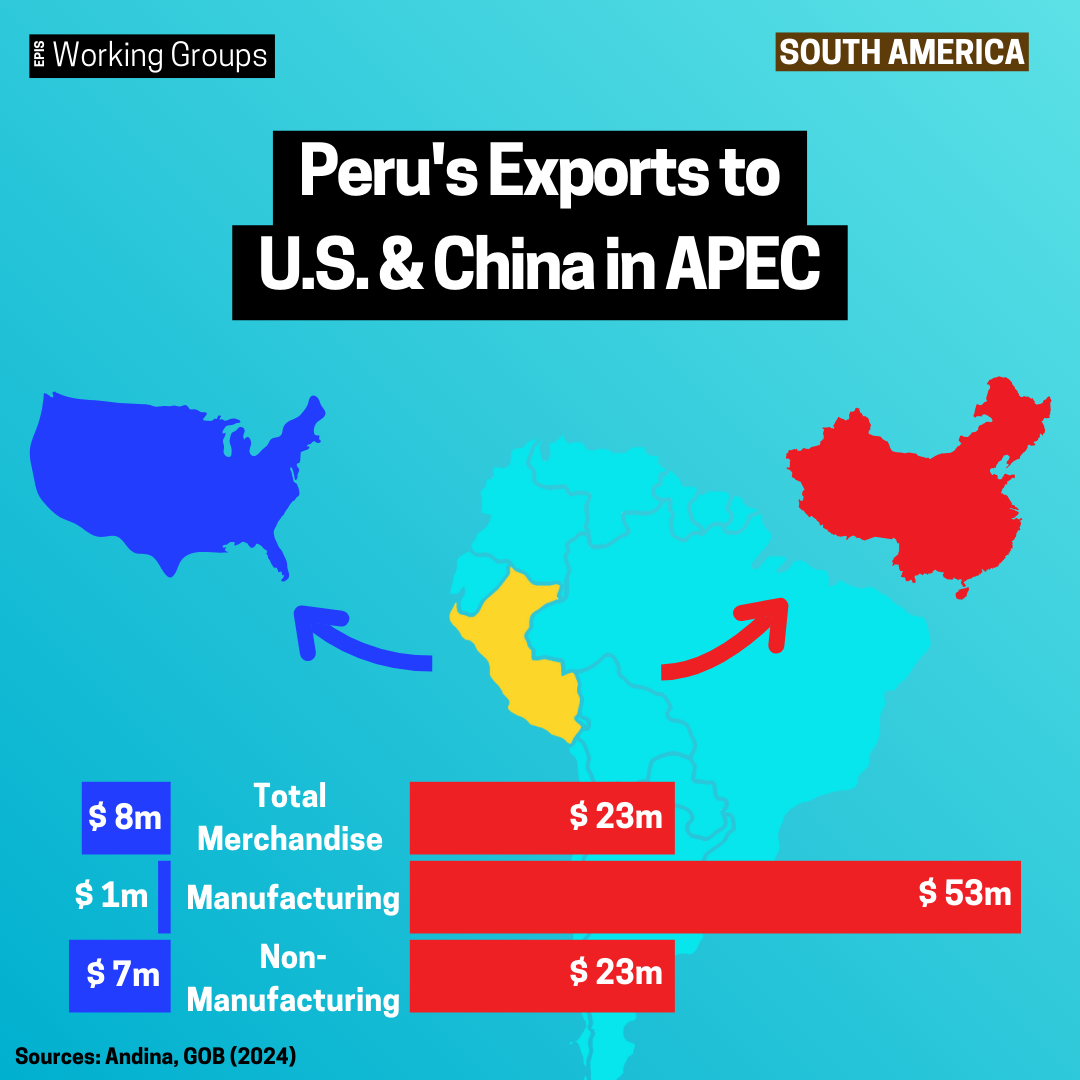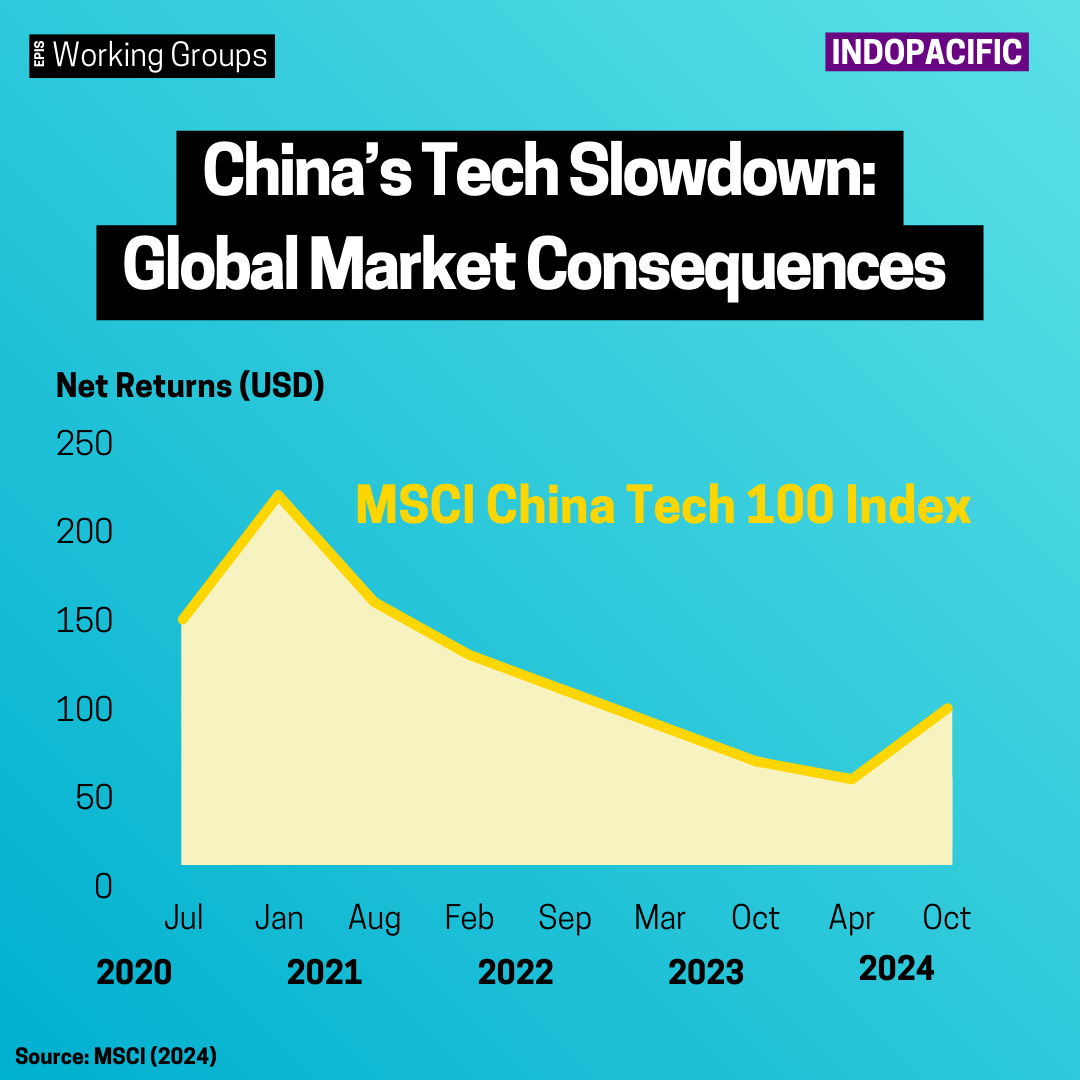EPIS Thinktank on Foreign Affairs & Security Policy
Working Groups
Connecting regional insights to drive meaningful change
The EPIS Working Groups are specialized teams of the EPIS Thinktank that focus on different regions of the world and publish monthly reports on current political developments to provide in-depth analysis and insights into regional and global contexts.
Working Group Leader
Working Groups
Arctic & Space
Foreign Affaris & Security Policy – Working Group Arctic & Space Expanding horizons at the Earth's edges and beyondThe Working Group Arctic & Space examines the Arctic’s geopolitical significance and the role of space policy in global security. It analyzes territorial disputes, resource competition, and military presence in the Arctic, while also assessing satellite security, space governance, and technological advancements ...
Artificial Intelligence & Cybersecurity
Foreign Affaris & Security Policy – Working Group Artificial Intelligence & Cybersecurity At the Crossroads of Code and DefenseThe Working Group Artificial Intelligence & Cybersecurity explores how AI and cyber technologies impact international security and foreign policy. It examines military use, disinformation, cyber threats, and global tech governance. Key topics include ethical AI, digital sovereignty, and strategic competition. Twice a ...
Climate Policy & Environment
Foreign Affaris & Security Policy – Working Group Climate Policy & Environment Shaping a sustainable future, one policy at a timeThe Working Group Climate Policy & Environment explores the intersection of climate change and global security, analyzing its impact on migration, resource scarcity, and geopolitical tensions. It assesses international climate agreements, renewable energy policies, and conservation efforts. Twice a year, ...
Eurasia
Foreign Affaris & Security Policy – Working Group Eurasia Uniting crossroads of power and potentialThe Working Group Eurasia, focusing on geopolitical shifts in Eurasia, analyses Russia’s strategic interests, regional conflicts, and economic integration, particularly through organisations like the CSTO and SCO. It examines energy security, military alliances, and the impact of external powers. Monthly briefings deliver data-driven insights and visualisations ...
Europe
Foreign Affaris & Security Policy - Working Group Europe Strengthening the heart of global cooperationThe Working Group Europe explores Europe’s role in global security, covering EU foreign policy, NATO dynamics, and regional conflicts. It assesses economic security, defence cooperation, and the continent’s response to emerging threats. Monthly briefings provide fact-based analyses and visualisations, offering insights into Europe’s evolving geopolitical landscape ...
Human Rights & Humanitarian Aid
Foreign Affaris & Security Policy – Working Group Human Rights & Humanitarian Aid Advancing human rights and humanitarian aid for a just, resilient worldThe Working Group Human Rights & Humanitarian Aid examines global human rights protection and humanitarian response. It analyses freedom of expression, refugee crises, and the effectiveness of international human rights frameworks. Additionally, it evaluates aid coordination in ...
Indo-Pacific
Foreign Affaris & Security Policy – Working Group Indo-Pacific Navigating the tides of innovation and influenceThe Working Group Indo-Pacific examines the Indo-Pacific’s strategic significance, focusing on regional security, maritime disputes, and power dynamics between the US, China, and regional players. It analyses economic integration, military cooperation, and emerging threats. Monthly briefings provide fact-based insights and visualisations on key geopolitical trends ...
International Economic Relations
Foreign Affaris & Security Policy – Working Group International Economic Relations Building global prosperity through collaborationThe Working Group International Economic Relations analyses global trade, investment, and economic policy in relation to foreign affairs. It examines trade agreements, sanctions, and economic cooperation between major powers, including the UK, EU, US, and China. Key areas include emerging markets and the role of ...
International Relations & Diplomacy
Foreign Affaris & Security Policy - Working Group International Relations & Diplomacy Bridging nations for a harmonious worldThe Working Group International Relations & Diplomacy, focusing on diplomacy and global governance, examines bilateral and multilateral relations, geopolitical shifts, and the role of international organisations. It analyses diplomatic strategies, negotiation frameworks, and the influence of soft power. Biannual reports present academic research ...
Middle East & North Africa
Foreign Affaris & Security Policy – Working Group Middle East & North Africa Fostering resilience in a region of transformationThe Working Group Middle East & North Africa, covering conflicts, energy security, and political stability, analyses regional power struggles, military dynamics, and economic resilience in MENA. It assesses the influence of external actors, counterterrorism, and humanitarian challenges. Monthly briefings offer data-driven ...
North America
Foreign Affaris & Security Policy – Working Group North America Driving progress through strength and diversityThe Working Group North America focuses on North America’s global influence in defence, trade, and diplomacy. It analyses US foreign policy, NATO commitments, and regional security, assessing political developments and strategic partnerships. Monthly briefings provide objective analyses and visualisations of North America's impact on global ...
Peacekeeping & Conflict Prevention
Foreign Affaris & Security Policy – Working Group Peacekeeping & Conflict Prevention Advancing human rights and humanitarian aid for a just, resilient worldThe Working Group Peacekeeping & Conflict Prevention studies peacekeeping operations and conflict prevention strategies within international security frameworks. It examines the role of the UN, regional organisations, and diplomatic mediation in crisis management. Key areas include post-conflict reconstruction, ...
Security Policy & Defence
Foreign Affaris & Security Policy – Working Group Security Policy & Defence Securing peace before conflict beginThis Working Group Security Policy & Defence analyses evolving security threats, including cyber warfare, terrorism, and military strategy. It evaluates defence alliances, arms control agreements, and emerging technologies in warfare. Special focus is given to deterrence strategies and international defence cooperation. Biannual reports provide ...
South America
Foreign Affaris & Security Policy – Working Group South America Empowering a continent of opportunity and growthThe Working Group South America, exploring security, governance, and economic trends, analyses political stability, organised crime, and foreign influence in South America. It assesses regional defence cooperation, trade relations, and security threats. Monthly briefings offer fact-based analyses and visualisations on South America's evolving geopolitical ...
Sub-Saharan Africa
Foreign Affaris & Security Policy – Working Group Sub-Saharan Africa Harnessing potential for a prosperous tomorrowThe Working Group Sub-Saharan Africa, analysing political stability, security challenges, and economic development, explores regional conflicts, counterterrorism efforts, and foreign influence in Sub-Saharan Africa. It assesses governance trends, resource security, and military cooperation. Monthly briefings present factual analyses and visualisations to illustrate the region’s evolving ...
Publications
Spyware and Sovereignty
The Pegasus spyware scandal in Mexico has taken a new turn with revelations about former President Peña Nieto now under investigation for bribery. In July 2025, Mexican Attorney General Alejandro Gertz Manero announced an inquiry into allegations that former President Enrique Peña Nieto accepted up to $25 million in bribes from two Israeli businessmen linked to NSO Group, the company behind the infamous Pegasus spyware. This development follows the publication ...
From Proxy War to Nuclear Brinkmanship
Twelve-Day WarOn June 12, the Israel Defence Forces (IDF) launched 200 aircrafts (including F-35I, F-16) and several uncrewed aerial vehicles (UAVs) against 100 targets in the Islamic Republic of Iran, beginning 'Operation Rising Lion'. The Main aim of the operation was to inflict damage on the Iranian nuclear programme and the Iranian military, indeed the primary targets were the atomic sites of Natanz, Isfahan, Fordow, Arak, as well as the ...
The Lion Man’s Legacy
Introduction43 years. That is how long the President of Cameroon, Paul Biya, has been in power.President Biya is 92 years old and rumours concerning his health condition have beencirculating. Biya does however not show any signs of wanting to step down, even beingurged by supporters to run for an eight term as president. Presidential elections are to beheld in October 2025, and even if Biya gets re-elected, it is highly ...
Supporting Refugees: Germany, Poland, Czech Models
Germany: Germany has emerged as a key country in supporting Ukrainian refugees, having spent €30.6 billion on assistance since the conflict began.In response to the ongoing conflict, the country has rolled out educational programs and labor market initiatives designed to facilitate long-term integration. The programs include: languages courses, vocational training, job placement service. Moreover, Germany’s dedication to educational support for young refugees ensures their smooth transition into public schools. With ...
Peru’s Exports to U.S. & China in APEC
The annual Asia Pacific Economic Cooperation (APEC) Summit in Peru this November highlighted shifting dynamics between two major players, China and the United States, as they compete for influence in the region. Chinese President Xi Jinping played a significant role during the inauguration of the Chancay Megaport, whereas U.S. President Joe Biden, in a private meeting with Peruvian President Dina Boluarte, considered Peru a valuable and important partner to the ...
China’s Tech Slowdown Has Widespread Consequences for the Global Market
China’s previously most lively and vivid example of the nation’s technological prowess and innovation and now lying more quietly. The wider situation of the Chinese economy helps explain why. China’s largest tech companies have now started to bear the brunt of the country’s wider economic slowdown. This is not good news for the leader, Xi Jinping, who has repeatedly emphasised his commitment to moving investment from the property market to ...





